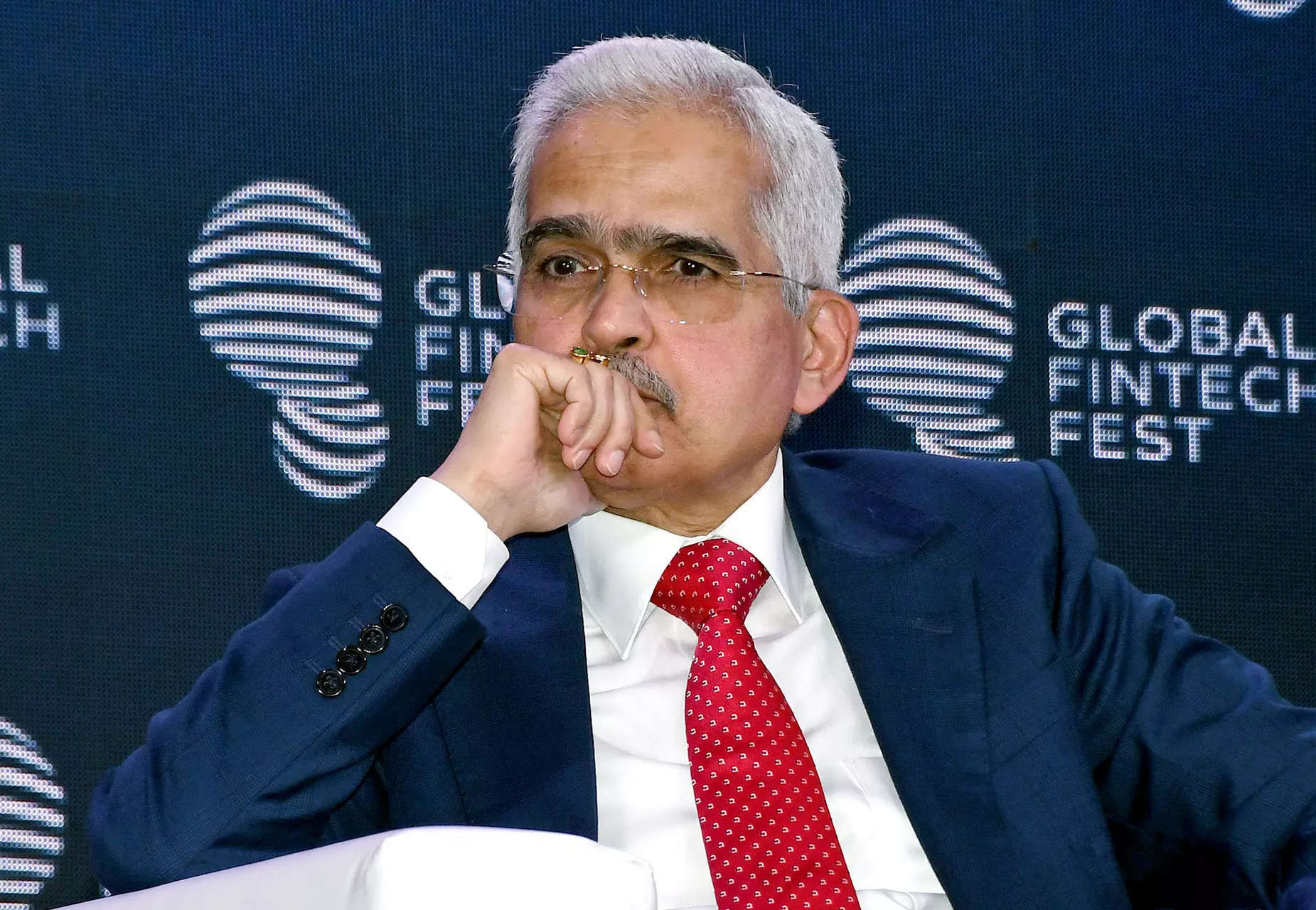RBI releases draft framework for recognising FinTech SROs

The Reserve Bank of India on Monday released a ‘draft framework for recognising Self-Regulatory Organisations (SRO) for FinTech Sector’, stating the characteristics of a FinTech SRO, including the required functions and governance standards.
RBI stated that self-regulation within the FinTech sector is a preferred approach for achieving the desired balance. According to the norms, SROs for fintech sector is expected to operate objectively, with credibility and responsibility under the oversight of the regulator.
According to the draft framework, the SRO-FT should put in place systems for managing ‘user harm’ instances that come to its notice or are referred to it by the Reserve Bank or any other stakeholder and should not set up entities / offices overseas without the prior approval of the Reserve Bank.
“The SRO-FT would derive its strength from its membership, ensuring that it is truly representative of the FinTech sector. Through comprehensive membership agreements that encompass a broad spectrum of industry players, the SRO-FT should gain the legitimacy and credibility to not only frame baseline standards and rules of conduct codes, but also to effectively monitor and enforce them. This representative structure would foster inclusivity and enable the SRO-FT to draw upon the collective expertise and experience of its members, resulting in development of standards that are pragmatic, adaptive, and widely accepted within the FinTech community,” the RBI said.Further the Central Bank asserted that the SRO-FT must be looked up to and accepted by the industry as the key body for setting market standards, defining rules of conduct and ensuring voluntary adoption of the common framework by its members.
“To maintain credibility, the SRO-FT should operate independently, free from the influence of any single member or group of members. This would ensure unbiased decision-making and prevent the organisation from being swayed by the interests of a dominant few. The SRO-FT should maintain impartiality, avoid conflicts of interest, and ensure unbiased oversight over its members. Independence would enhance reputation of the SRO-FT as a neutral and reliable entity, essential for gaining the trust of both industry participants and regulators,” the Apex Bank further stated.
The norms also highlighted that the SRO-FT should be development-oriented, actively contributing to the growth and evolution of the industry. This involves providing specialised knowledge and expertise, offering guidance, and contributing to capacity building through training programs, and prescribing minimum eligibility criteria for its members.
“By fostering continuous learning and skill development, the SRO-FT should contribute to a more robust, competent, and mature FinTech ecosystem. Additionally, expertise of the SRO-FT could be instrumental in bridging the skill gap, providing early-stage entities with necessary handholding, guiding, and keeping them abreast with the dynamic nature of financial technology and the regulatory environment as well as in facilitating the creation of policies that are forward-looking,” it said.
“As a repository of information, the SRO-FT should collect, analyse, and disseminate relevant data pertaining to its members’ activities. This information hub could serve as a valuable resource for industry research, trend analysis, and policy making. By consolidating and sharing knowledge, the SRO-FT should contribute to the overall development and resilience of the FinTech sector,” the RBI added.
On the eligibility and membership front, draft norms said the applicant should be set up as a not-for-profit company and should have sufficient net worth and demonstrate the capability of establishing the necessary infrastructure to fulfil the responsibilities of Fintech Self Regulatory Organisation (SRO-FT) effectively, and consistently.
The central bank has invited comments or feedback from stakeholders and members of the public on the draft framework by end of February.

In September 2023, the RBI Governor Shaktikanta Das had urged fintech companies to form such a self-regulatory body.
“I would like to use this opportunity to urge and encourage the FinTechs to establish a Self-Regulatory Organization themselves,” Das said in a speech, at Global Fintech Fest (GFF) 2023.
Responsibilities of the FinTech SRO
The draft framework highlighted that the SRO-FT should guide the conduct of its members, ensure that they adhere to industry standards, comply with relevant laws and regulations, and maintain high ethical standards.
This involves establishing and enforcing guidelines for consumer protection, data security, data privacy, etc. The SRO-FT should play a crucial role in promoting responsible innovation by providing a framework that encourages responsible experimentation. The SRO-FT should be responsible for addressing any grievance, conflict of interest, or dispute that may arise among its members, and foster a fair, equitable and competitive environment.
“Through these responsibilities, the SRO-FT should act as a steward of trust and stability in the FinTech sector, balancing the need for innovation and maintaining integrity,” the RBI said.
“The SRO-FT should have objective, well-defined and consultative processes to make and establish rules and standards. It should frame a code of conduct for its members, customised to the nature of various set of activities undertaken by them and should set industry benchmarks and baseline technology standards, as could be applicable, for transparency, disclosure, data privacy, etc., by its members,” the Apex bank stated.
Further, the SRO-FT should frame standardised documents for the FinTech sector for specific requirements, for instance, agreement between the lending service providers and Regulated Entities. The agreements should be compliant with extant statutory and regulatory requirements. It should set up a mechanism for accreditation in the FinTech ecosystem for, inter-alia, improving compliance culture, fostering professionalism, creating healthy market behaviour, etc., among its members.
“The SRO-FT should put in place a code of conduct for responsible advertisements and market standards. It should develop appropriate baseline governance standards for the FinTech sector and should specify the consequences for violation of agreed upon rules and misconduct by its members and enforce them,” it added.
The framework further higlighted that the SRO-FT would be expected to play a pivotal role in ensuring compliance with statutory and regulatory frameworks, adherence to industry standards and best practices, and in facilitating transparent communication channel with Reserve Bank.
Its responsibilities towards the Reserve Bank would broadly encompass relaying sector-specific insights, addressing regulatory concerns, and collaboratively working towards the overall development of the FinTech sector. The SRO-FT would serve as a valuable bridge, foster co-operation, and provide policy commensurate to the dynamic nature of the FinTech sector.
Firewall Firm now has its WhatsApp channel. Join for all the latest updates.
 Firewall Security Company India Complete Firewall Security Solutions Provider Company in India
Firewall Security Company India Complete Firewall Security Solutions Provider Company in India











